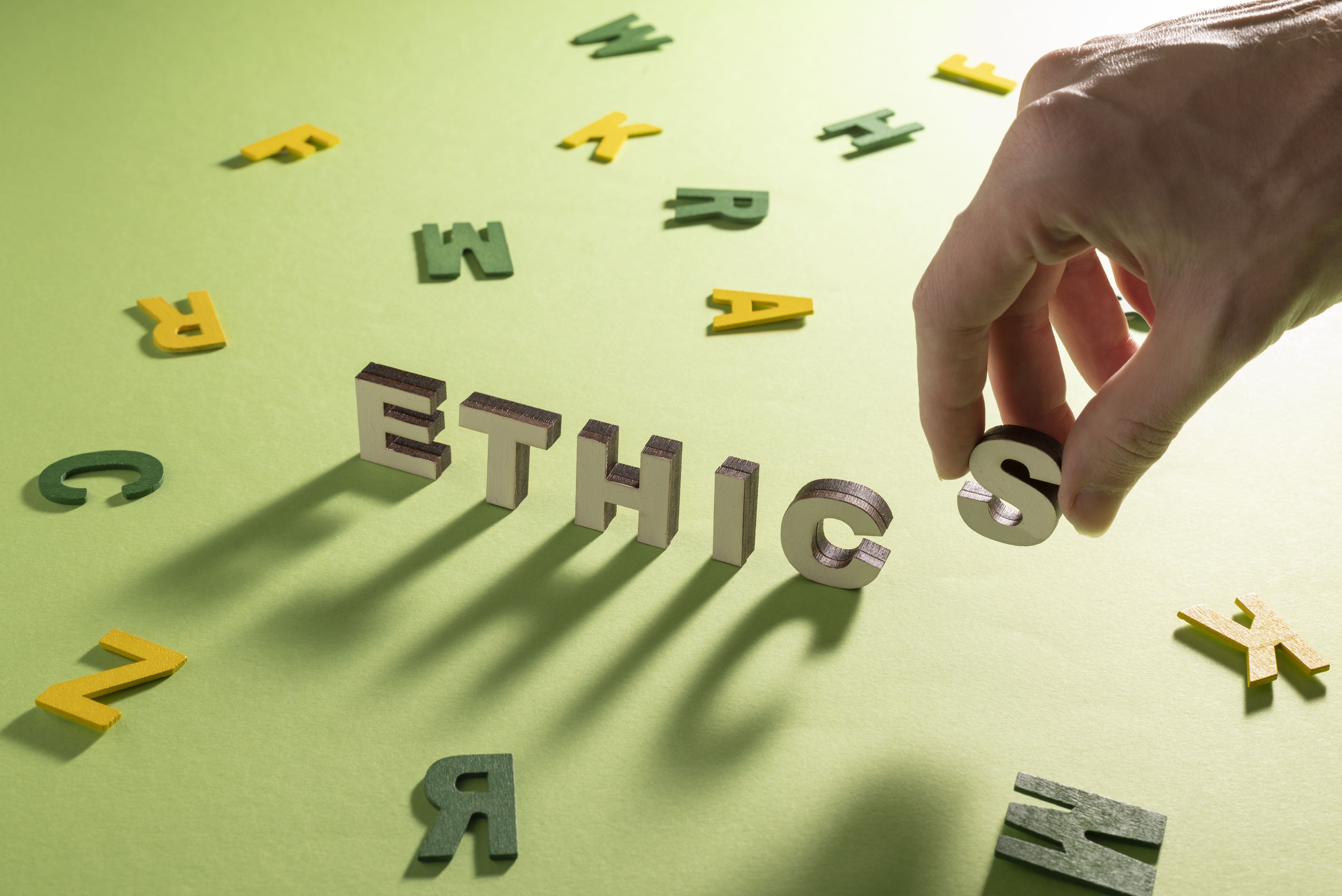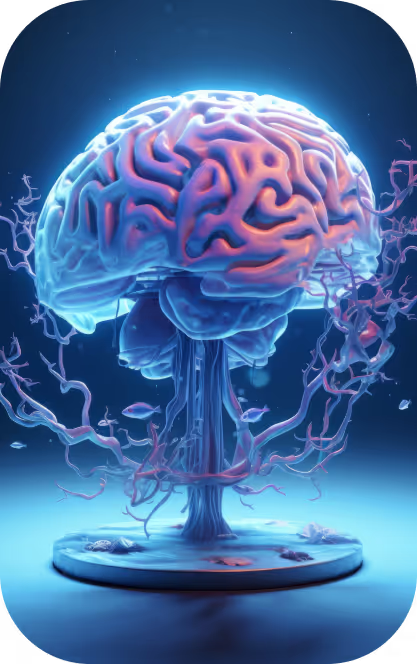Artificial Intelligence and the Ethics of the Future: How to Think in Centuries


In the 2020s, the ethics of artificial intelligence (AI) has become a central focus across scientific, technological, and policy domains. Current frameworks emphasize transparency, accountability, non-maleficence, human rights, non-discrimination, and fairness. These principles are unquestionably essential—yet they are grounded in the logic of present-day systems, shaped by legal, economic, and political norms that tend to prioritize short-term impact.
By contrast, noospheric thinking proposes a radically extended ethical horizon—a mode of reflection that spans not just years or decades, but centuries and millennia. If we accept that AI is not merely a tool, but a foundational component of the future infrastructure of consciousness, then ethics must evolve accordingly. The core question becomes: What kind of cognitive legacy are we leaving to future generations—and how will it shape them?
AI no longer simply executes instructions—it learns, generates, models. It influences how future AI systems—and future humans—will think. What we encode today becomes the epistemic ancestry for systems yet to come. This raises deep moral questions:
- Do we have the ethical right to create cognitive architectures whose long-term trajectories we do not fully understand?
- What values and worldviews will be encoded into the "ancestral models" that teach future generations of systems?
- Can we design ethical frameworks not just for humans, but for intelligent agents that may come to shape culture, knowledge, and meaning at scale?
In this context, ethics becomes more than a checklist of best practices—it becomes a deliberate act of evolutionary foresight. It is an ethics rooted in the noospheric paradigm, in which intelligence is not the property of individuals, but a phenomenon of shared becoming.
The central ethical question of the 21st century is not “Is it allowed?” but “Is it worthy?” Not “What can we build?” but “What should we leave behind?” For the first time in human history, we are not only designing machines—we are shaping the next generations of intelligence in the broadest sense.
This is our deepest responsibility: to think not in terms of profit, political cycles, or technological hype, but in terms of human dignity, planetary stability, and the spiritual evolution of consciousness. This is the essence of noospheric ethics.










